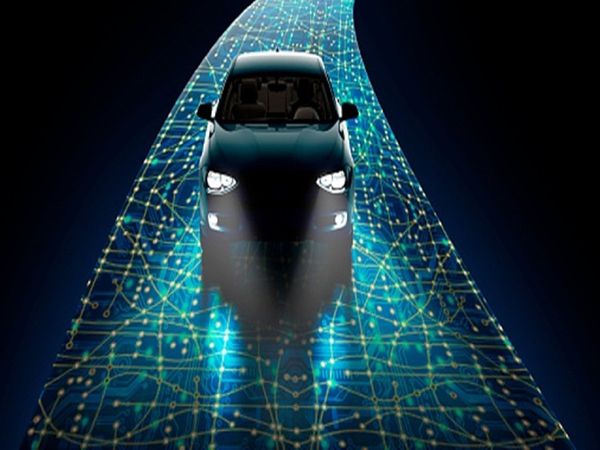This top-rated VPN hardware protects your internet connection 24/7
Every time you roam around on the internet, you leave behind a trail of digital crumbs that contain personal information, whether it be a name, email, phone number, or home address. More often than not, private corporations take hold of these data clusters to customize their ads and get you to buy their stuff. But other times, malicious hackers who like to steal identities can gain access to your information.
As a preventative measure, cybersecurity outfits have time and time again recommended the use of a virtual private network (VPN) to safeguard your information against potential threats. And while there are a plethora of reputable services offering VPN, a safer and more economical option exists: the Deeper Connect Nano Decentralized VPN Cybersecurity Hardware.
An IndieGoGo hit, having garnered nearly $3 million in funding, Deeper Connect Nano functions as a decentralized VPN and firewall solution and works even without a subscription. This means all you have to do is install it, and you’re pretty much set for life.
Serverless and distributed, your data will never be logged, leaked, hacked, or even subpoenaed. While it essentially works like a VPN by encrypting your web traffic via tunnels, it does it over a decentralized private network, resulting in higher security levels. The device serves as both client and server, and your IP address automatically changes based on routing rules.
Deeper Connect Nano also uses a 7-layer firewall that secures your entire home or business network. It’s capable of blocking ads and trackers while monitoring web traffic, as well as filtering NSFW and NSFC on all connected internet devices. You can also use it to bypass any region-restricted content, customize parental control and ensure children won’t come across adult or violent content, and view all online activities happening on the network all at once.
Browse safely online with the Deeper Connect Nano Decentralized VPN Cybersecurity Hardware, only $299.
Prices subject to change.





